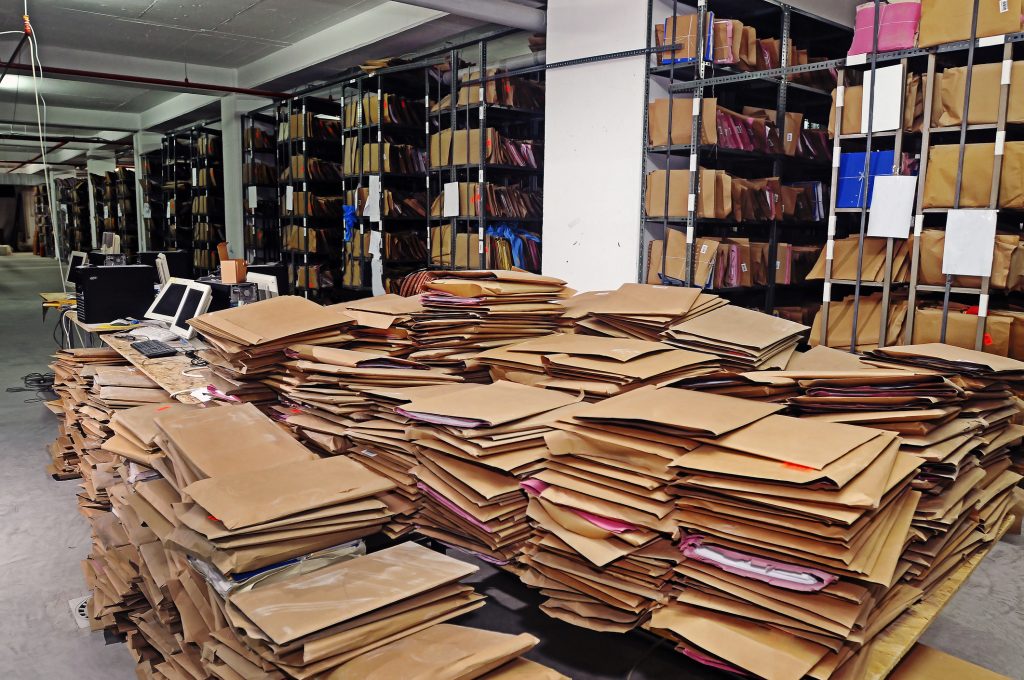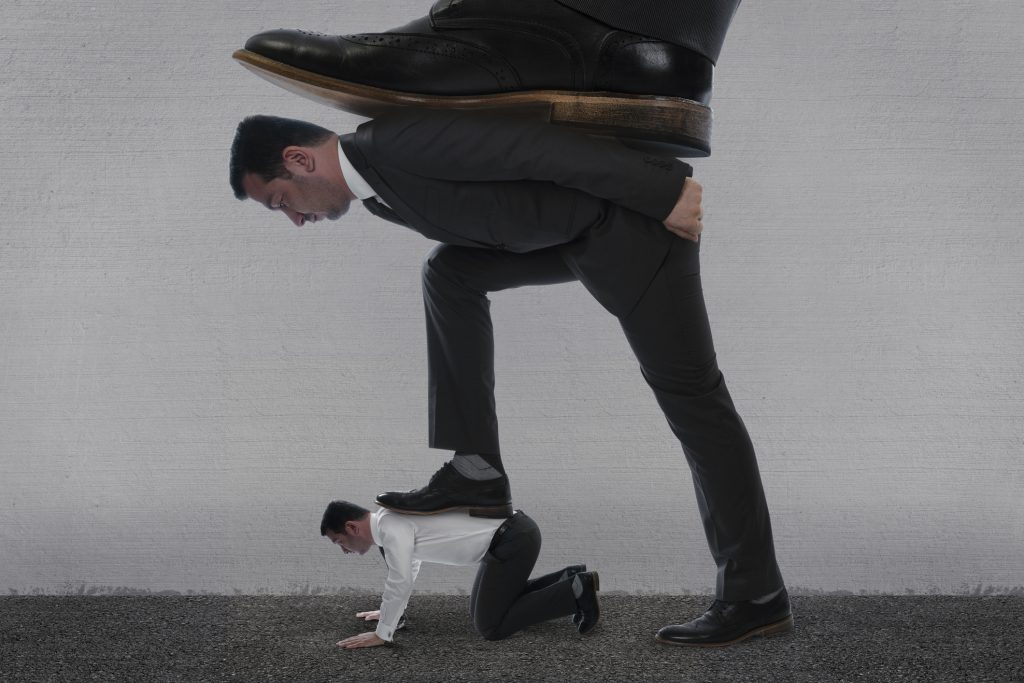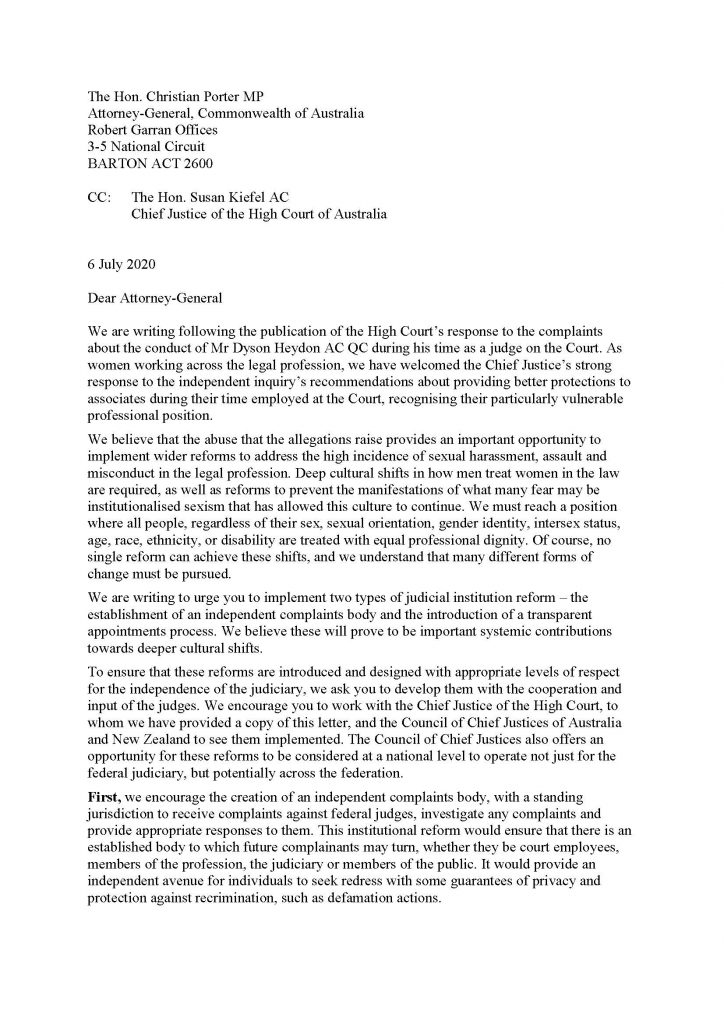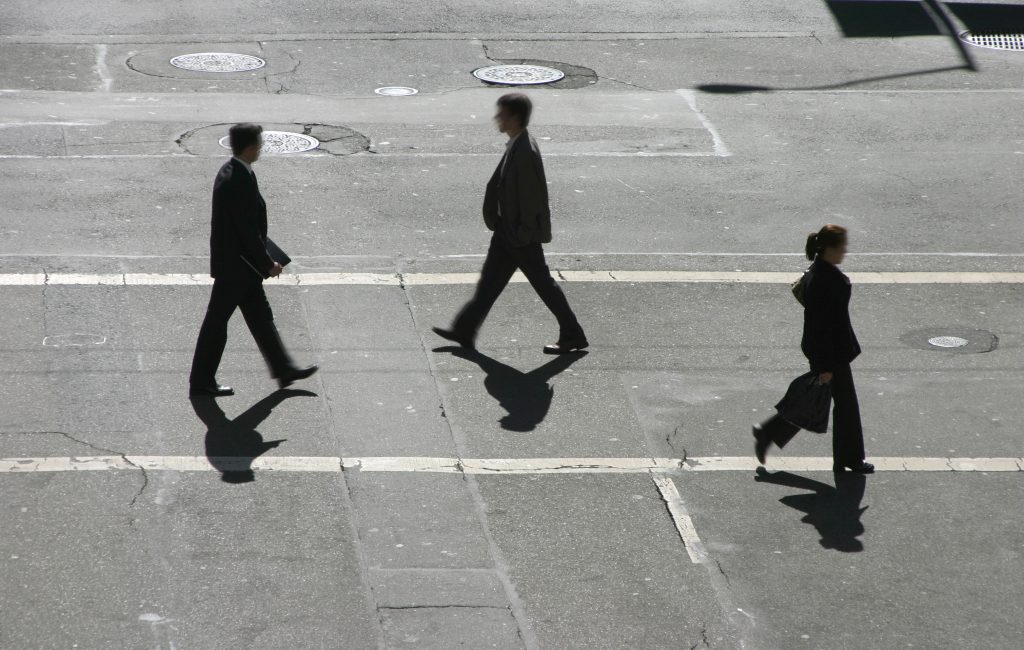
A major barrier to change is that Australia, as a whole, has never subjected its occupational health and safety (OHS) laws to a detailed analysis to determine whether the legislation and the supportive documentation works. To be clearer, Australia has never subjected its laws to a “safety clutter” analysis. No one seems to have tried to determine if the laws have any positive benefit on operational safety?





